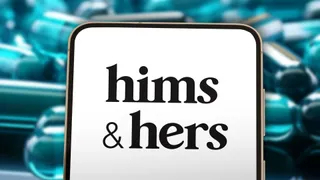
Everybody loses in the end: Billion-dollar government prizes won't improve on market incentives
In his latest attempt to replace America's free market with government regulators to set prices for medicines, Senator Bernie Sanders wants to reward drug developers with cash prizes determined in Washington. In his vision, these would replace the current US patent system.
Already registered?
Login to your account
If you don't have a login or your access has expired, you will need to purchase a subscription to gain access to this article, including all our online content.
For more information on individual annual subscriptions for full paid access and corporate subscription options please contact us.
To request a FREE 2-week trial subscription, please signup.
NOTE - this can take up to 48hrs to be approved.
For multi-user price options, or to check if your company has an existing subscription that we can add you to for FREE, please email Adrian Tapping at atapping@newtonmedia.co.uk

